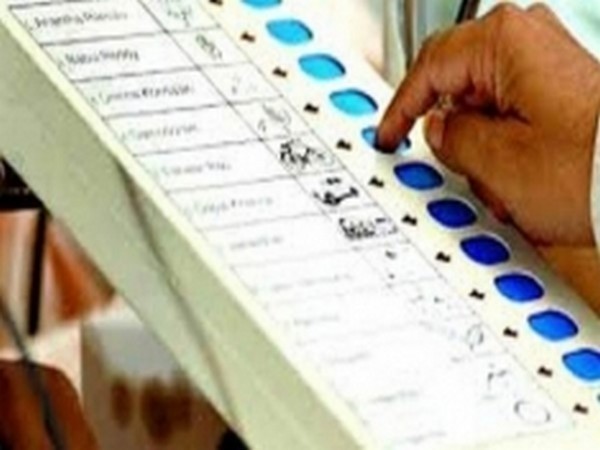Bulgarians to vote in parliamentary election on April 4
Radev, a strong critic of Prime Minister Boyko Borissov, supported the anti-government protests, which he said on Thursday clearly showed Bulgarians wanted a change, adding the the parliamentary vote this spring was "crucial". "Overcoming the deep crisis, the needed reforms for recovery, modernisation and full European integration require having a legitimate parliament and an active, adequate and working government as soon as possible," he said in televised remarks.

- Country:
- Bulgaria
Bulgarian President Rumen Radev called an April parliamentary election on Thursday, meaning the centre-right coalition government will complete a four-year term after surviving anti-corruption protests last summer.
In announcing the April 4 vote Radev indicated the country needed a new government as soon as possible, although the election will be held a week later than the earliest possible date because of the coronavirus pandemic. Radev, a strong critic of Prime Minister Boyko Borissov, supported the anti-government protests, which he said on Thursday clearly showed Bulgarians wanted a change, adding the the parliamentary vote this spring was "crucial".
"Overcoming the deep crisis, the needed reforms for recovery, modernisation and full European integration require having a legitimate parliament and an active, adequate and working government as soon as possible," he said in televised remarks. Radev also called for swift election law changes to ensure people under coronavirus quarantine can vote, and to give Bulgarians abroad a postal vote.
Prime Minister Boyko Borissov has dominated Bulgarian politics for the past 10 years, but saw his popularity drop in the summer. Protesters rallied to seek his ouster, accusing him of enabling powerful local moguls and failing to uproot high-level graft in the European Union's poorest member state. Borissov's third government, which took office in May 2017, secured economic growth and wage increases while maintaining fiscal prudence that put Bulgaria on a fast track to adopt the euro. But its failure to tackle endemic graft frustrated many.
The anti-government protests presented no clear political alternative and Borissov's ruling GERB party has since gained a narrow lead over its main rivals, the opposition Socialists. Recent opinion poll by independent pollster Alpha Research showed the polls are unlikely to produce a strong majority government, but a hung parliament with six parties, which will struggle to form a working coalition.
(This story has not been edited by Devdiscourse staff and is auto-generated from a syndicated feed.)
- READ MORE ON:
- Bulgaria
- European
- Bulgarian
- European Union's
- Boyko Borissov
- Bulgarians
- Socialists
ALSO READ
European stocks rise ahead of inflation data; Basilea shines
European stocks rise ahead of inflation data; Basilea shines
Cyclicals drive modest gains across European stocks
Israel passes new environmental law adopting European standards for industries
European shares slide to two-week low on hawkish Fed comments, geopolitical worries










